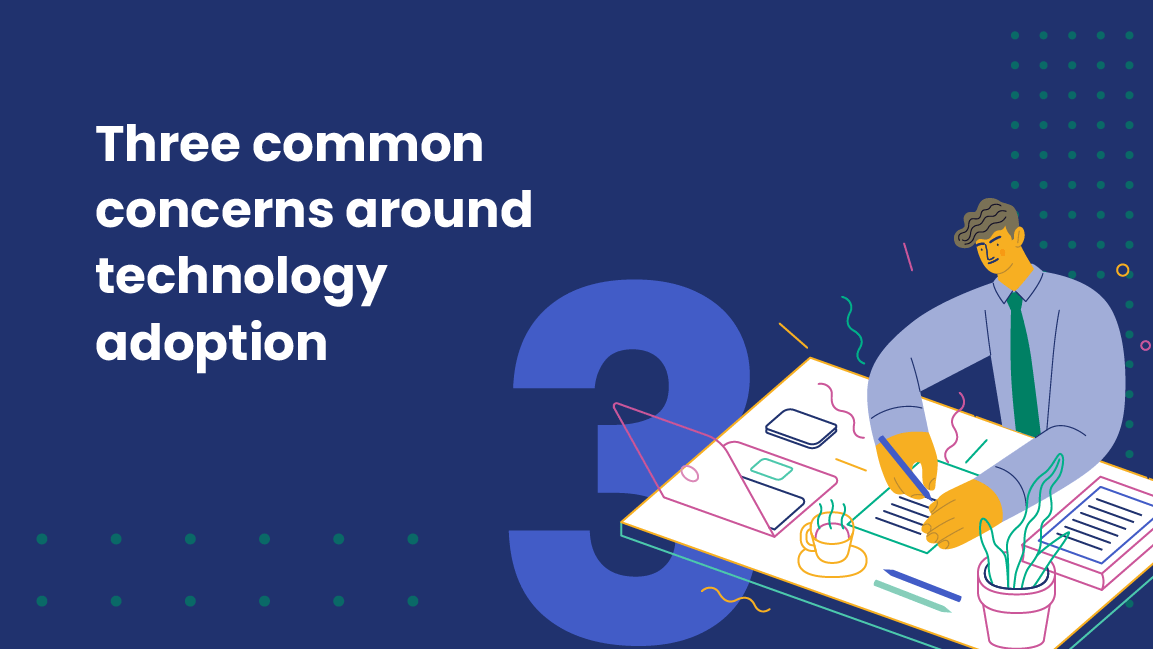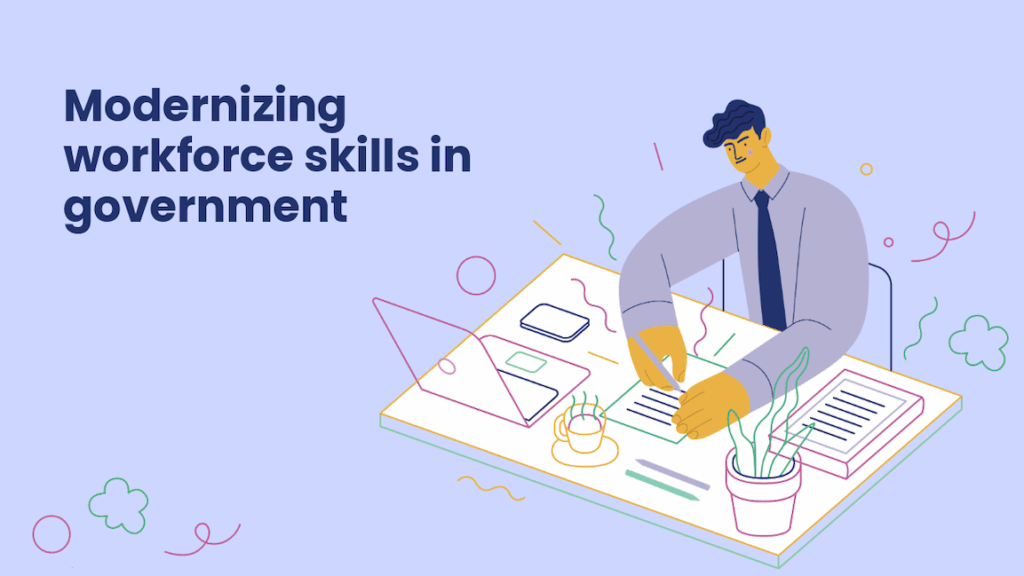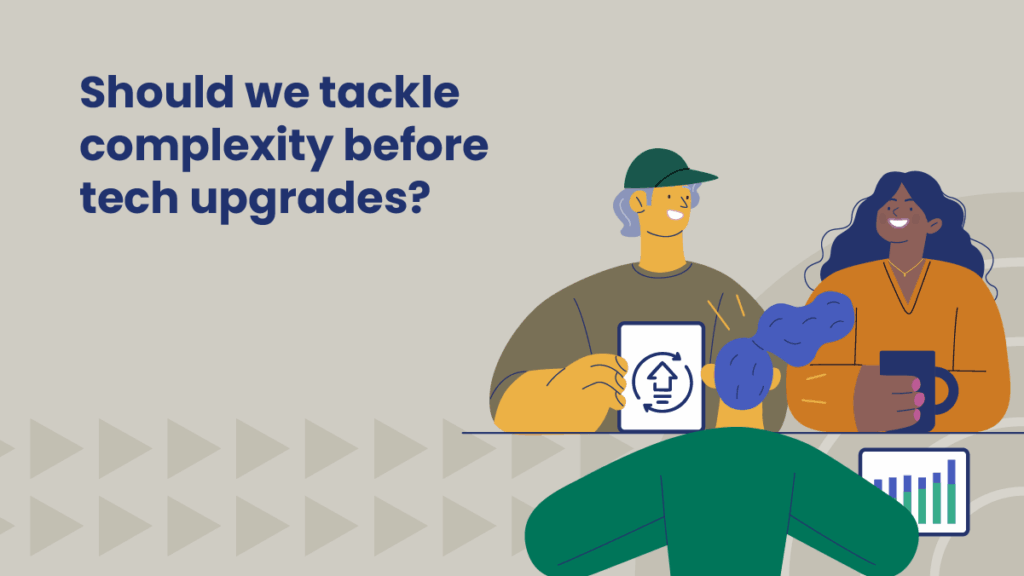Friend or foe? Technology on the frontline at government agencies

Frontline staff, administrators, and clerks are the face of any government agency. They are the critical bridge between residents and the governments that serve them. This fundamental role has become increasingly challenging in the face of decreasing resources and an increasingly demanding public.
People often cite “technology” (and lately, “generative AI”) as some broad magical helper for the staff in these roles. However, concerns about job automation and fears of being replaced by software are prevalent.
In this blog post, we will explore three common concerns around technology adoption and address them constructively to determine whether a positive transition to technology-assisted workflows is realistic.
Replaced by a computer?
Frontline clerks are understandably worried about the automation of their jobs. The classic response emphasizes technology as a complement to frontline roles rather than a replacement, but it is essential to dig deeper here. For example, software automation typically handles repetitive tasks, which enables clerks to focus on more complex and meaningful aspects of their jobs, such as resident interactions and coordinating local initiatives.
Along with added job satisfaction, incorporating frontline teams into the technology selection process ensures that clerks are choosing tools that actually align with their objectives (rather than being forced to shoehorn their daily workflow into the software that they didn’t have a say in selecting).
Software is always too complicated!
Many frontline staff have made a multi-decade career from acting as the face of government agencies. During this time they have honed processes to run as efficiently as possible. When policy begins to prioritize digital transformation, it is fundamental that the agency offers comprehensive training and support programs to ensure clerks are proficient in using new technologies.
Ongoing education and resources are a must for helping staff stay up-to-date with evolving tools and feel confident in their tech skills. Communicate a clear technology roadmap and update clerks about planned changes.
There are two bonus benefits to highlight here. The first is career growth. The experience gained from adopting and using modern software makes frontline staff more valuable assets to their agencies, communities, and the workforce in general.
A second bonus benefit to highlight is that new technology can foster connections with a younger generation of residents who may have otherwise had limited exposure to government agencies. Digital interfaces are the go-to method for Gen Z residents to engage with government services. Born into a world of smartphones and instant access, Gen Z individuals expect efficiency and convenience. By embracing digital platforms, government agencies and their frontline staff can not only meet these expectations but also improve accessibility and overall engagement with a younger, tech-savvy demographic.
Will I have to worry about hackers?
With near-daily news about digital information theft, frontline staff may be understandably hesitant to adopt a tool where they feel like there is a risk of their names making it into the newspaper as the source of a breach. Although government agencies know how to procure software that meets stringent standards for security and compliance, it’s still important to educate the frontline workforce about security protections.
The first step is to contextualize the facts around data security. For example, the paper documents which are in use today have the potential to be misplaced or stolen; transitioning to digital document management actually reduces this risk.
The second step is to incorporate frontline staff into developing the security processes that they will be using to protect sensitive data. Similar to the value of incorporating frontline clerks into the technology selection initiative, having a say in how the technology will be secured increases compliance dramatically.
These processes should address guidelines on data handling, privacy protocols, and when to communicate security concerns.
How to make frontline staff the superheroes of your agency
Ultimately, frontline clerks at government agencies often have concerns and fears related to technology. It’s essential to acknowledge their apprehension about change and address them constructively to ease valid worries and foster a positive transition to technology-assisted workflows.
Tools like the PayIt platform are not about replacing frontline clerks at government agencies; the solutions are designed to help people excel in their roles.
By streamlining processes, enhancing resident engagement, reducing administrative burdens, providing efficient data management, and offering career growth opportunities, PayIt is a valuable ally for government clerks in delivering services effectively and maintaining a high level of job satisfaction.
Looking for more content?
Get articles and insights from our monthly newsletter.




